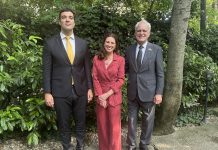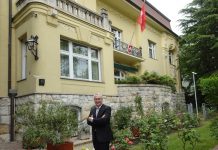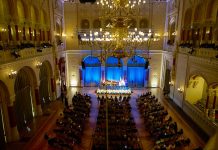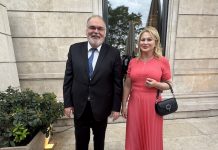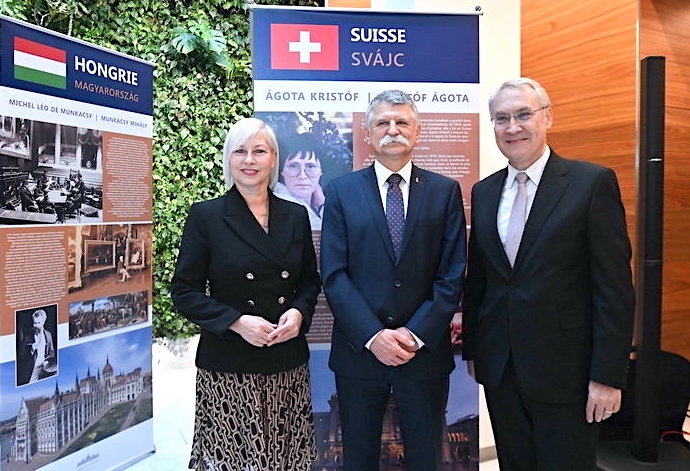Francophonie: Culture et Diplomatie
Edited by Anna Popper
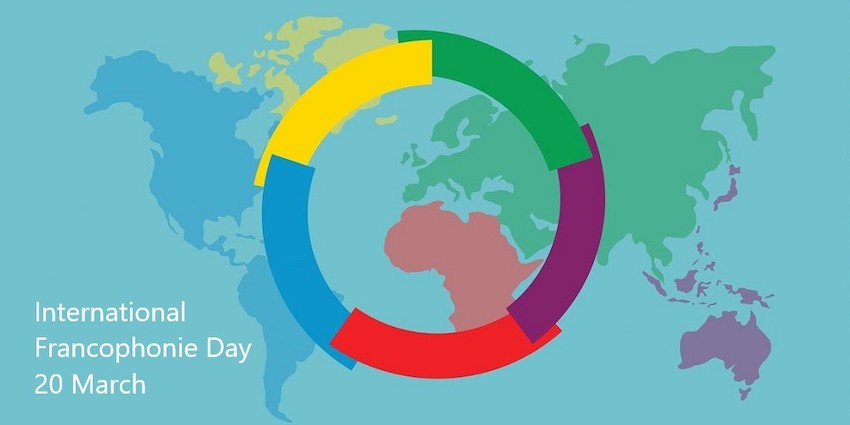
International Day of Francophonie has been celebrated on 20 March since 1988, dedicated to the Francophone and Francophile community worldwide. In honour of this day, the Hungarian National Assembly, in collaboration with 15 embassies in Budapest, curated an exhibition entitled “Francophonie: Culture et Diplomatie”, which aimed to highlight the significance of the French language and culture in fostering global solidarity. The participating embassies representing francophone countries in Budapest showcased their bonds with Hungary and Hungarian culture on display panels, thus illustrating the interconnectedness within the Francophonie, exhibited in the Szabad György Office Building of the Hungarian National Assembly.
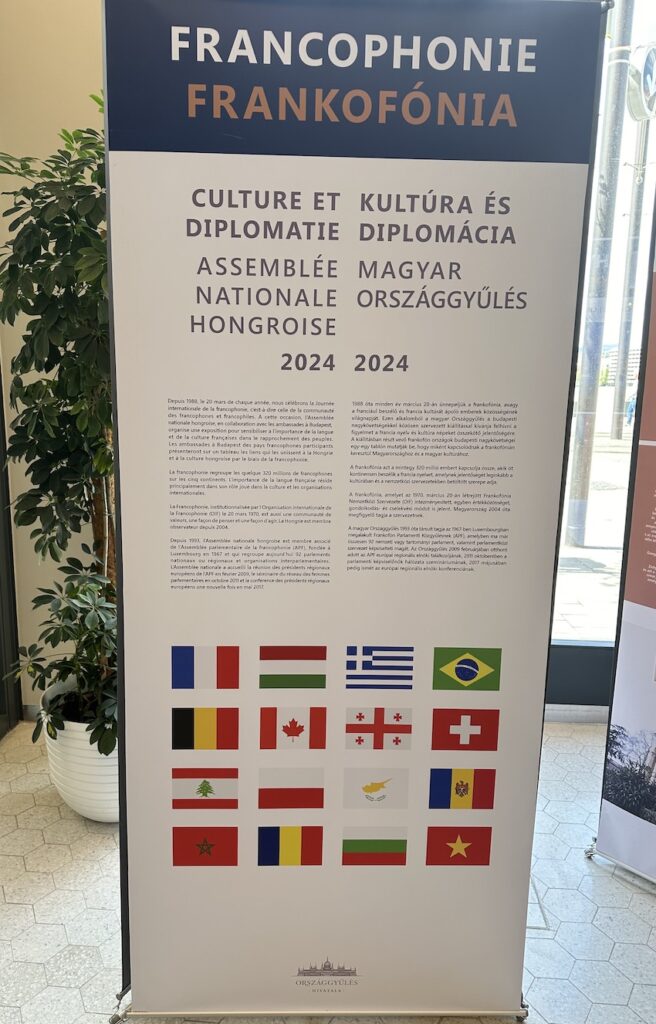
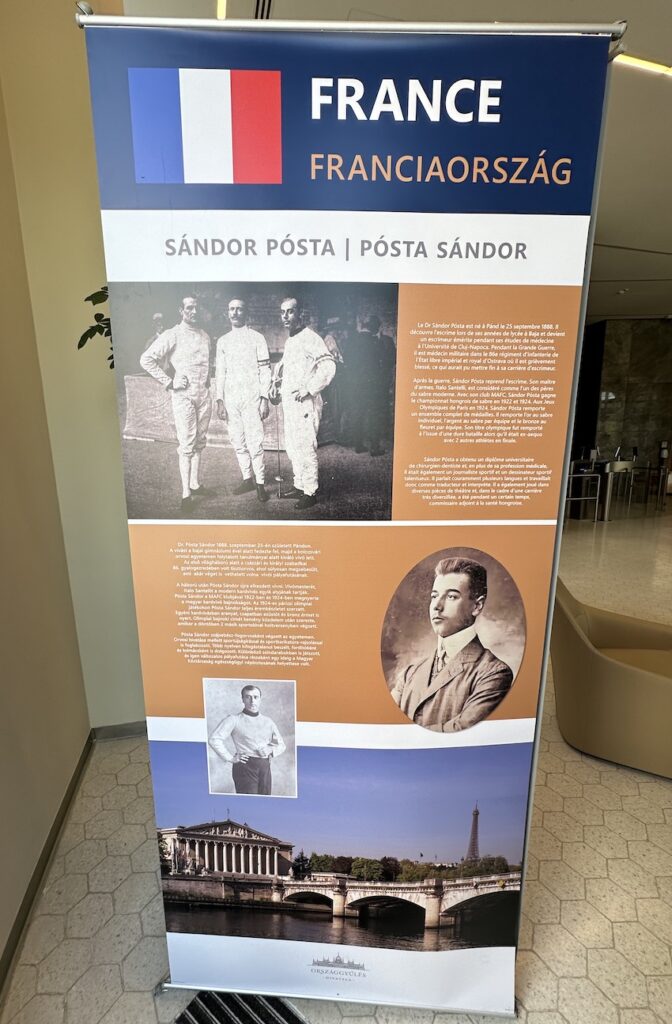
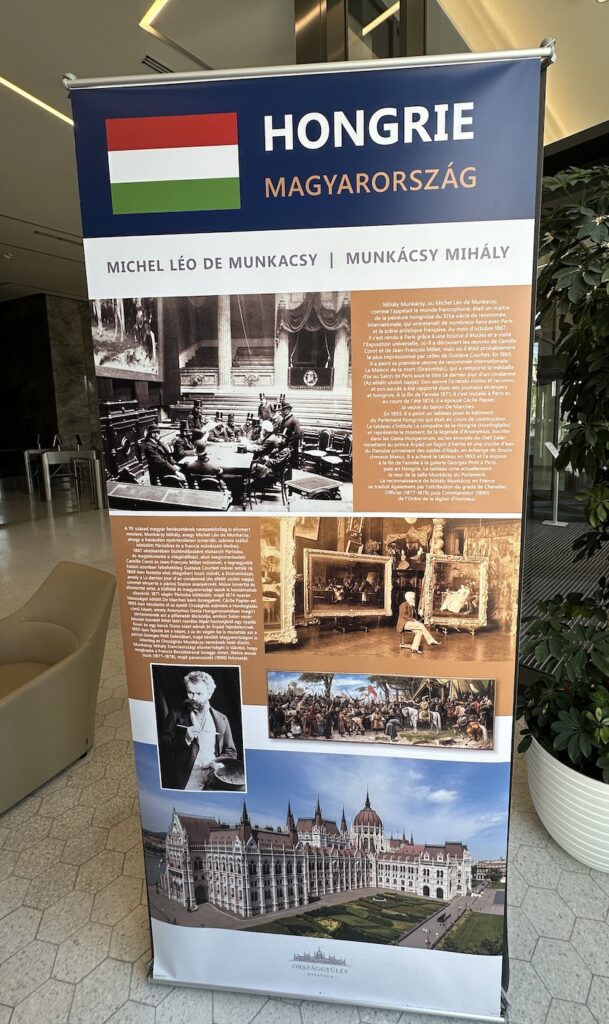
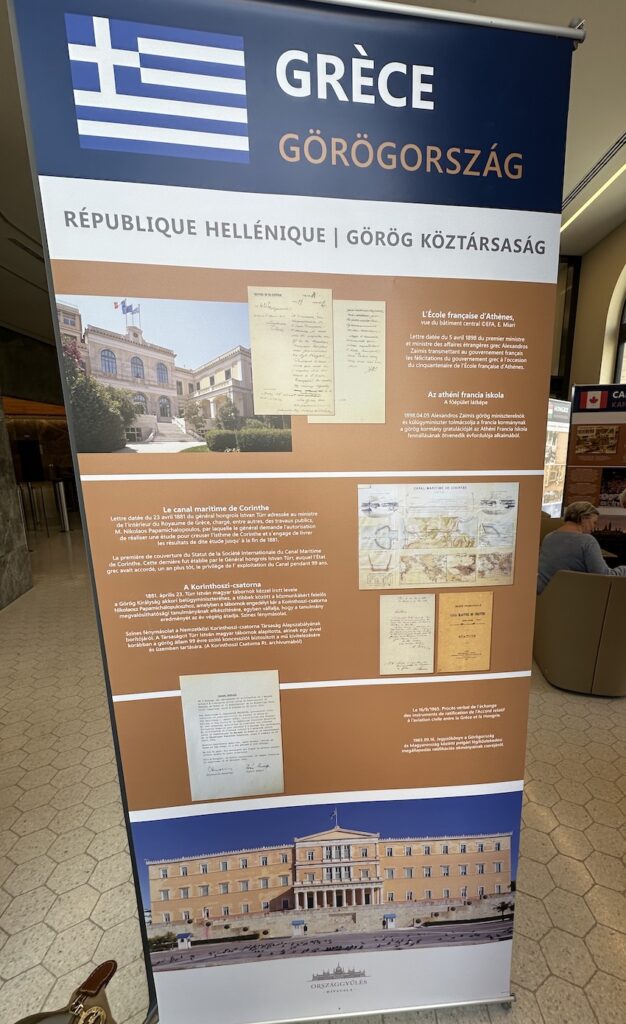
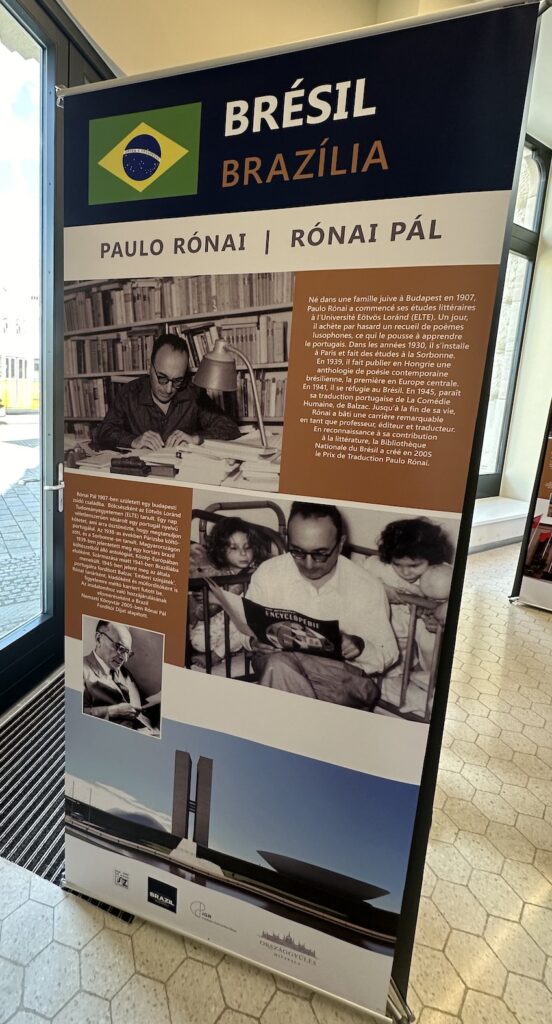
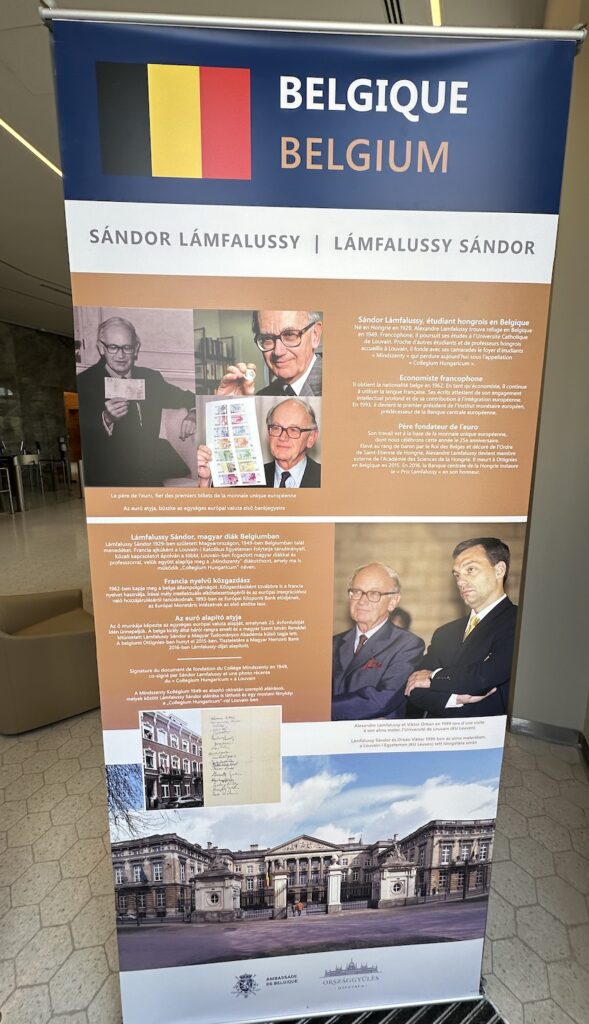
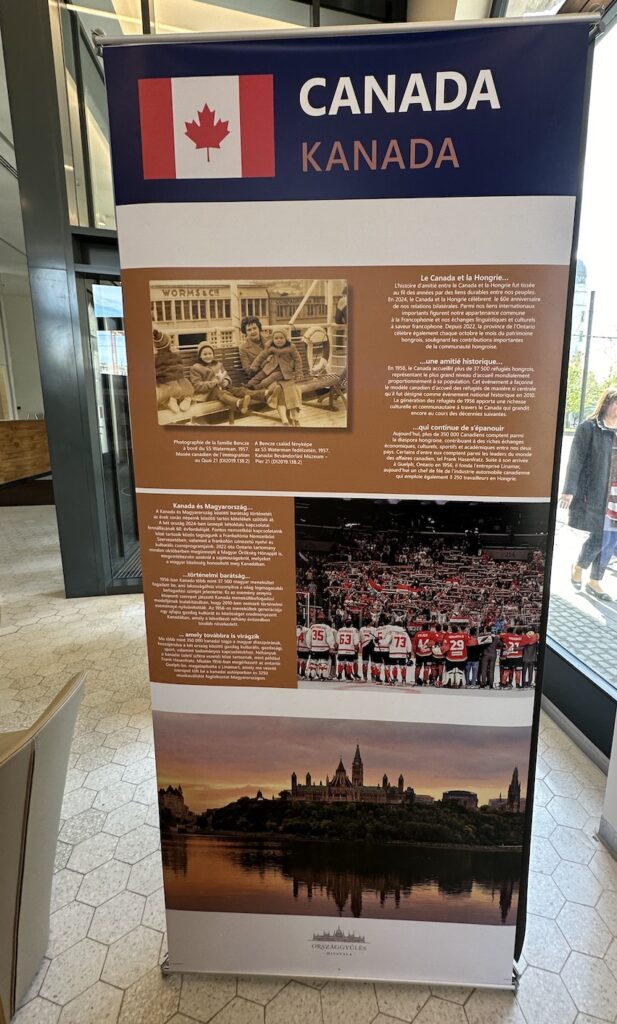
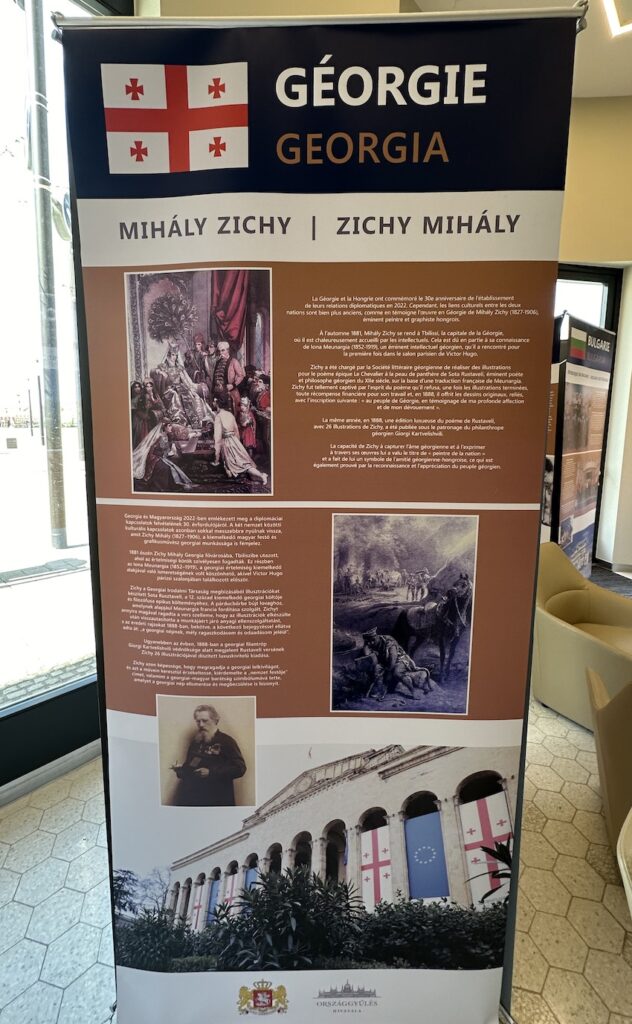
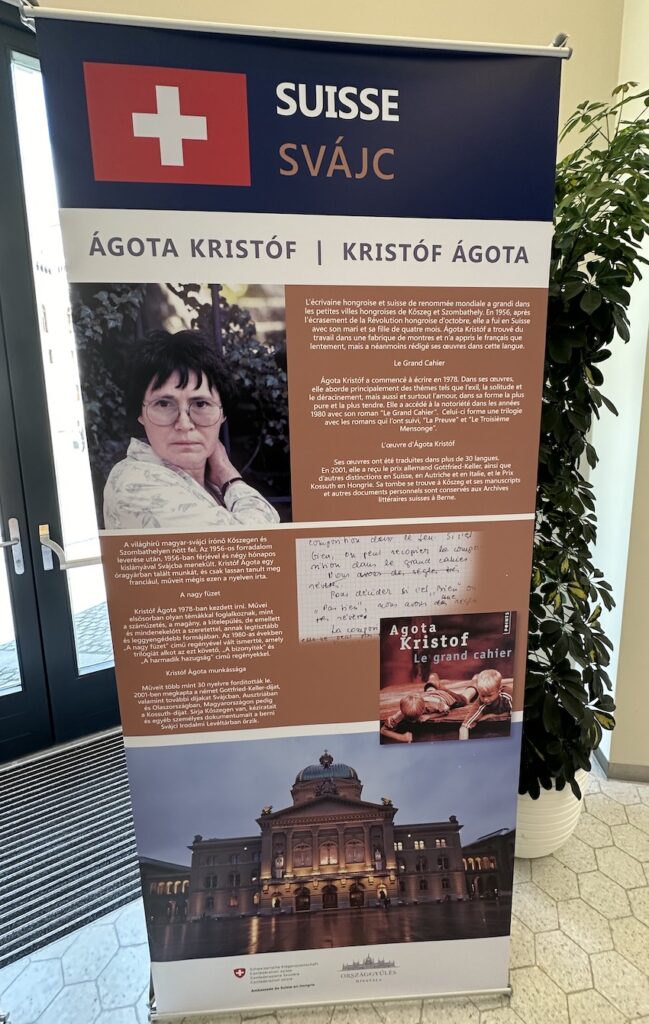
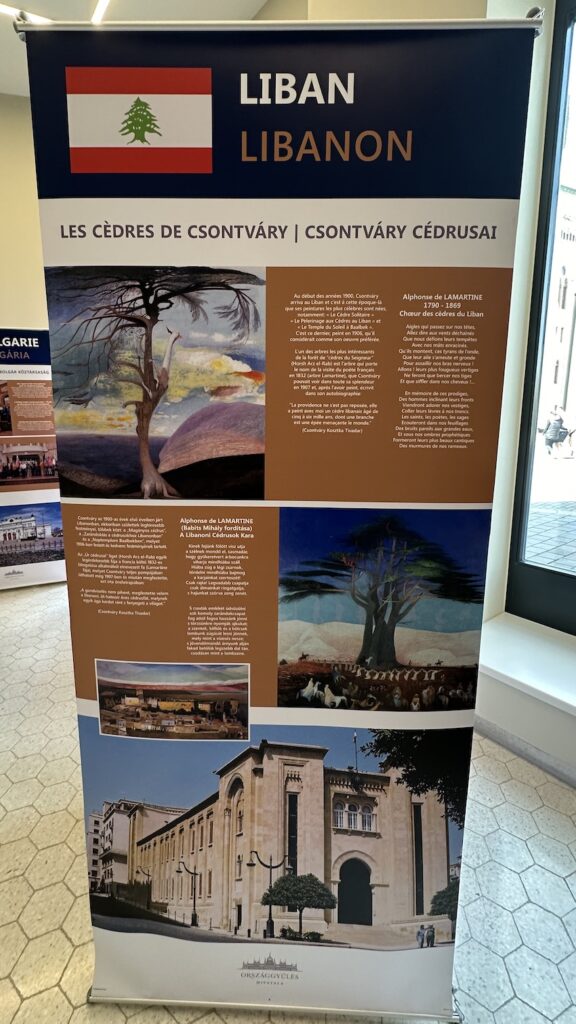
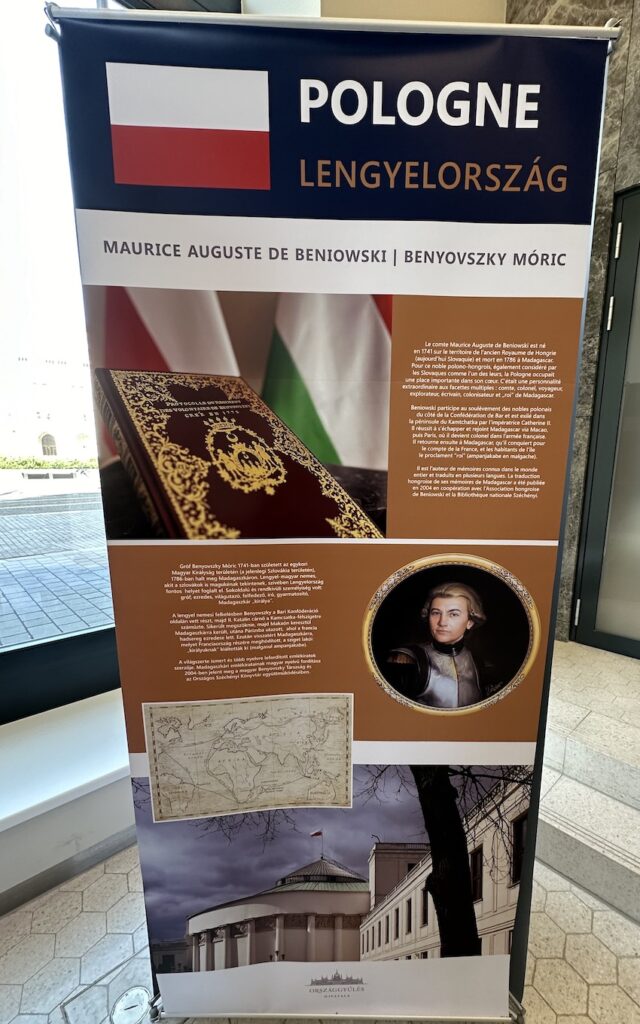
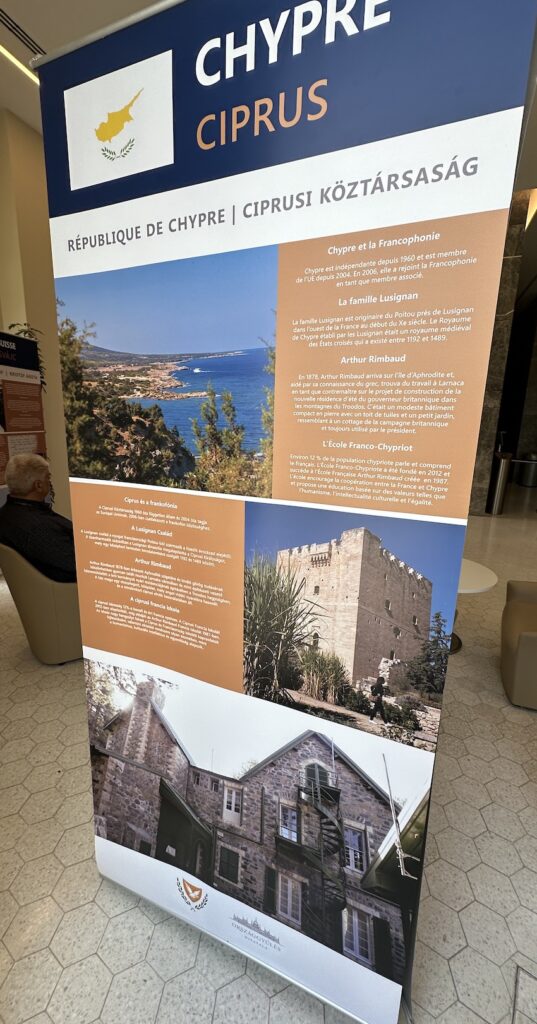
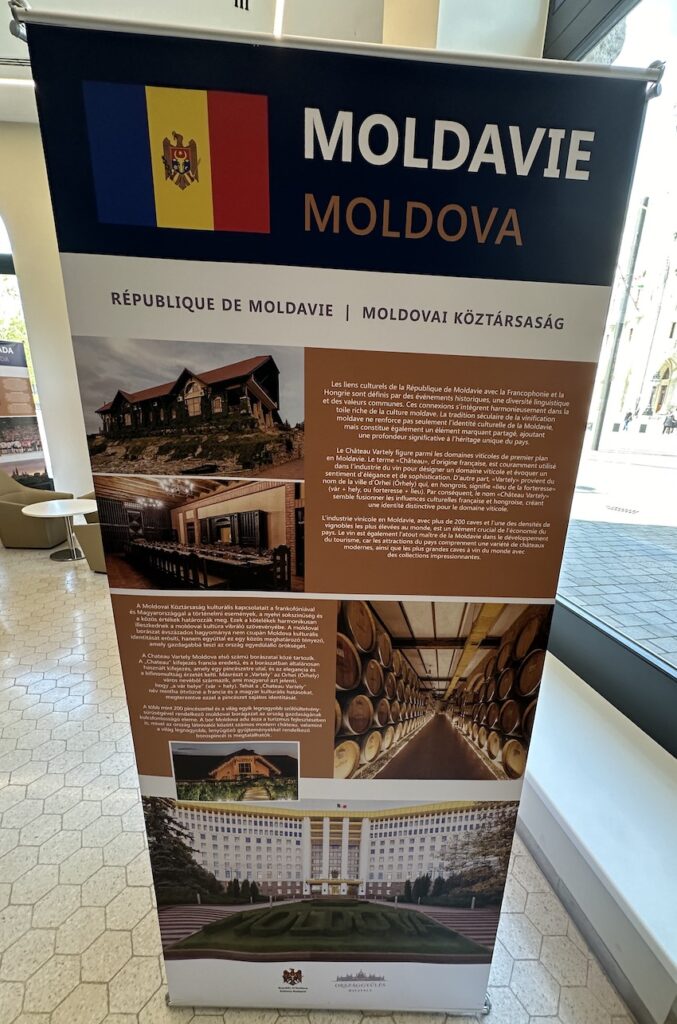
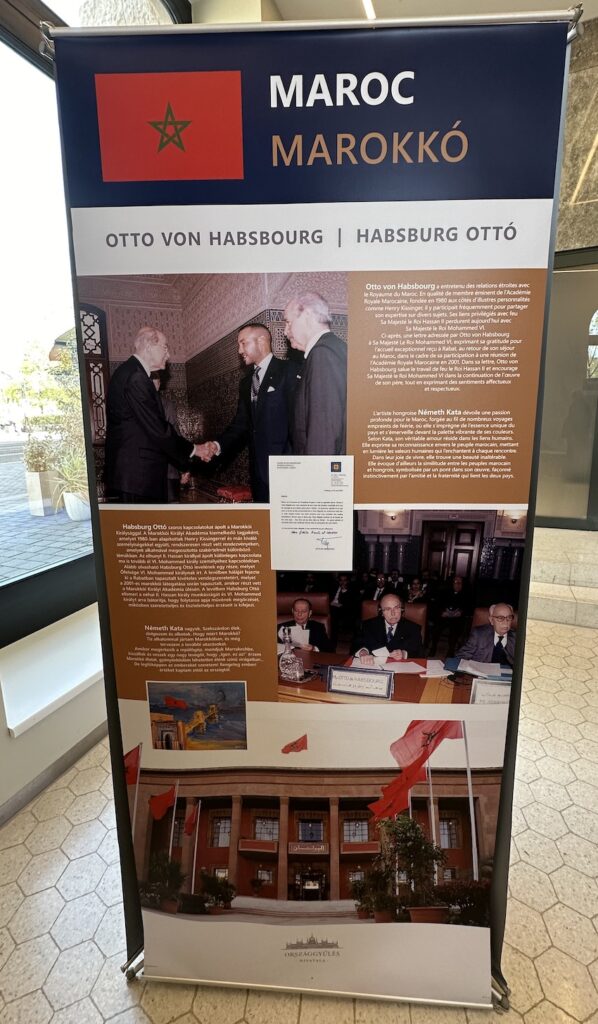
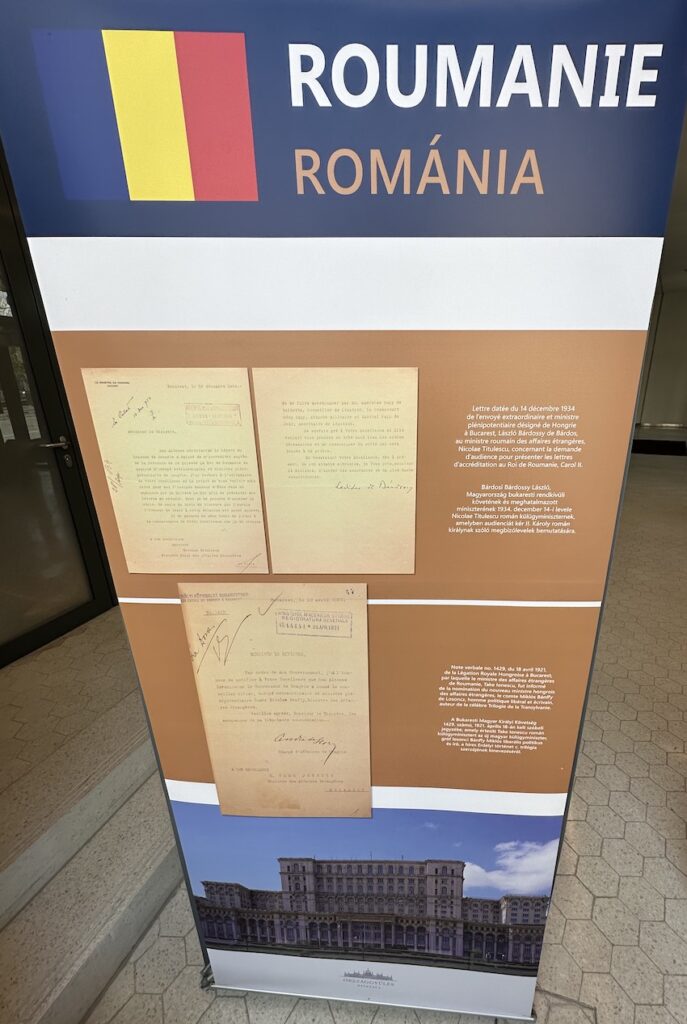
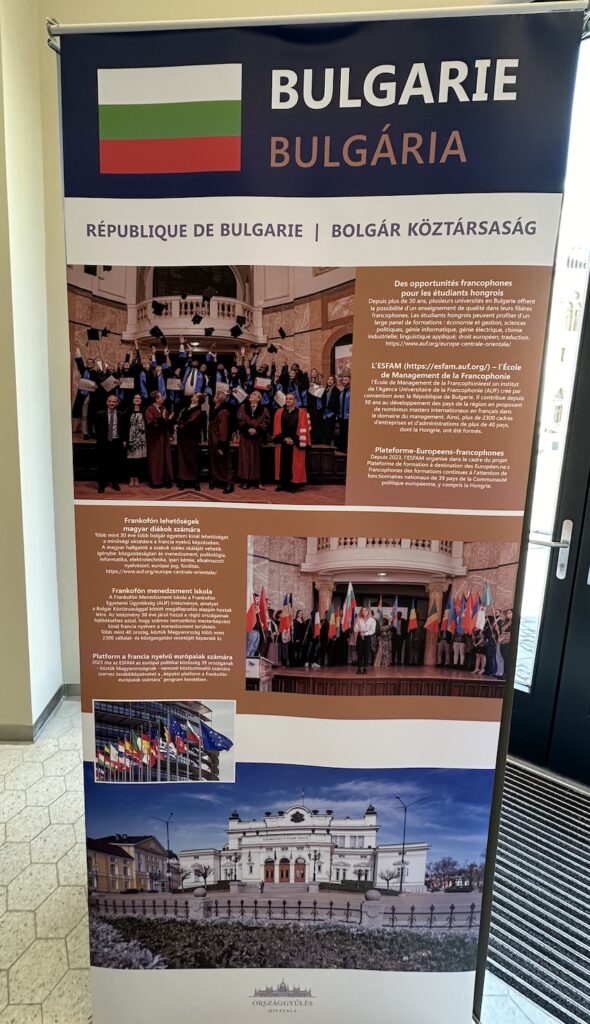
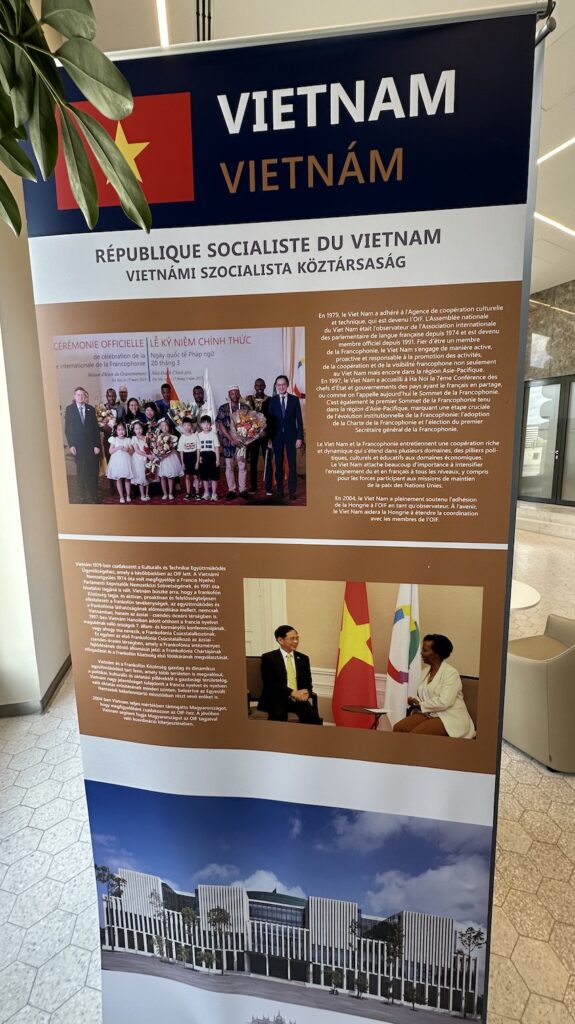
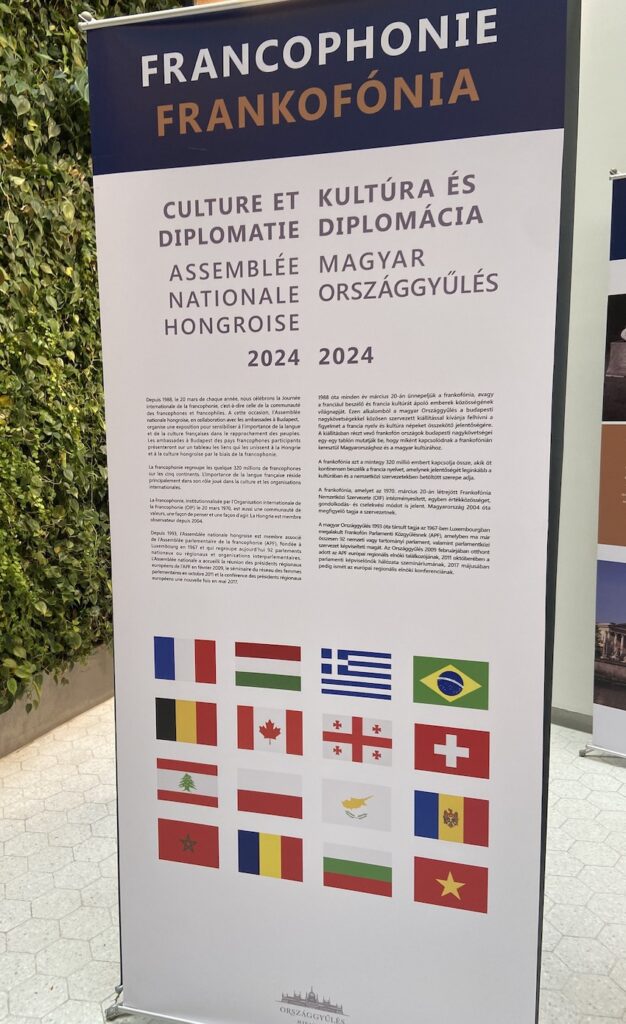
With around 320 million French speakers across five continents, French is the 5th most spoken language in the world and plays a pivotal role in promoting cultural exchange and cooperation within international organisations. Founded on 20 March 1970 by the International Organisation of La Francophonie (OIF), the Francophonie not only serves as a linguistic community but also embodies shared values, ideologies and modes of engagement.
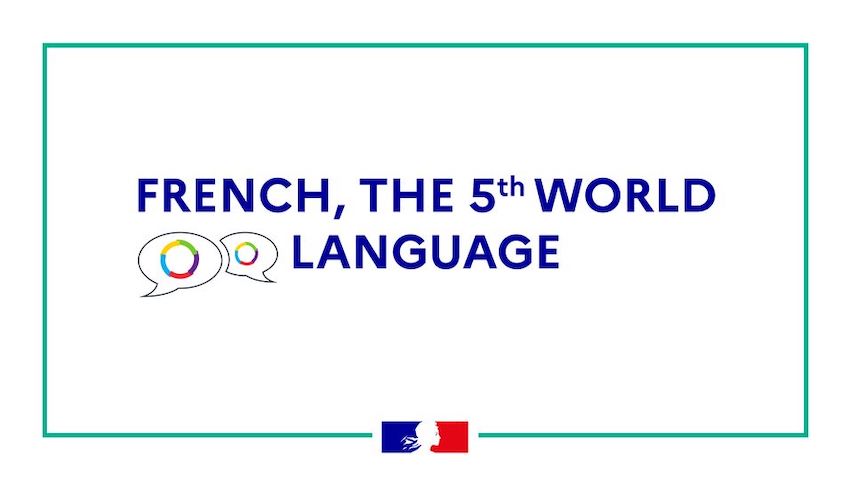
Hungary, as an observer member since 2004, actively participates in the Francophonie’s endeavours. Since 1993, the Hungarian National Assembly has been an associate member of the Parliamentary Assembly of La Francophonie (APF), which was founded in Luxembourg in 1967 and now encompasses 92 national or regional parliaments and inter-parliamentary organisations.
Over the years, the Hungarian National Assembly has hosted significant events within the APF framework. These include the meeting of European Regional Presidents in February 2009, a seminar for the network of women MPs in October 2011, and once again, the conference of European Regional Presidents in May 2017.
Opening of the exhibition – Francophonie: Culture et Diplomatie
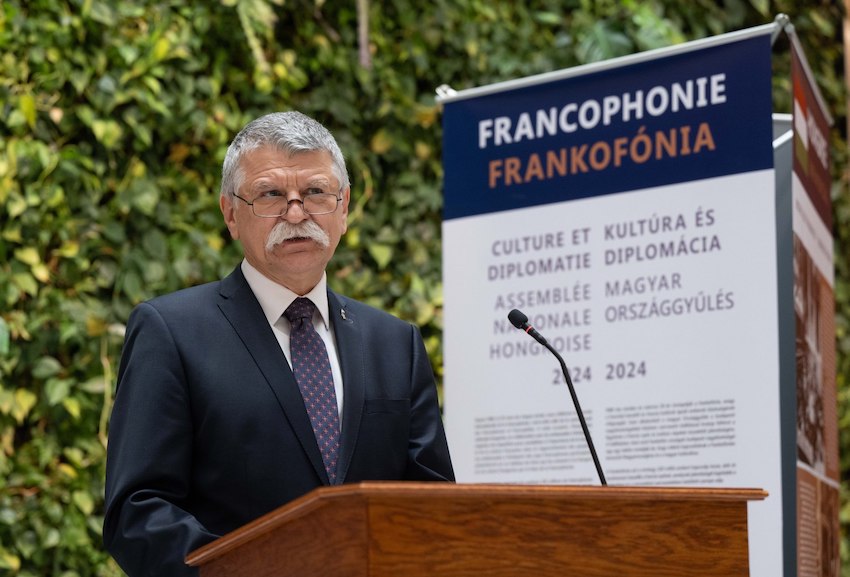
“Hungary is a heartfelt friend of the Francophone community and movement with 320 million French speakers worldwide,” emphasised Mr. László Kövér, Speaker of the Hungarian National Assembly in his address at the opening of the exhibition dedicated to the International Day of Francophonie, and conveyed greetings on behalf of the Hungarian Parliament, highlighting Hungary’s inclusion to the European community spanning over a millennium. He underscored the significance of Hungarian culture in the broader context of European cultural heritage and stressed that European strategic autonomy extends beyond political and economic realms to include cultural dimensions.
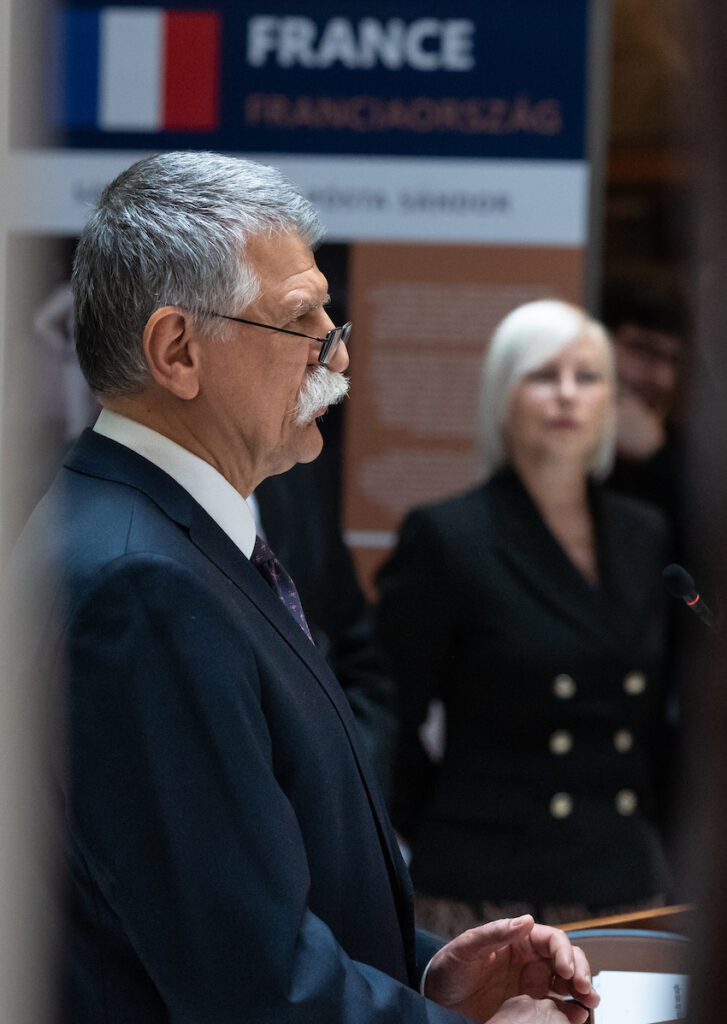
In his speech, Mr. Kövér specifically delved into the historical ties between Hungary and France, enhancing the reciprocal influence and mutual respect between the two nations. He also underlined the pivotal role that the international Francophonie organisation plays in fostering respect and equality among national cultures while facilitating intercultural understanding. In addition, the Speaker of the Parliament expressed Hungary’s readiness to embrace and share the values represented by the French language and culture, and reaffirmed his country’s dedication to collaboration with the international francophone community. The speech underscored Hungary’s constructive role and steadfast commitment to both the Francophonie movement and the preservation of European cultural heritage, while also emphasising the importance of European strategic autonomy both politically and culturally.
This was followed by the speech of the Chair of the Hungary-France Friendship Group of theHungarian National Assembly: Mrs. Katalin Csöbör, MP:
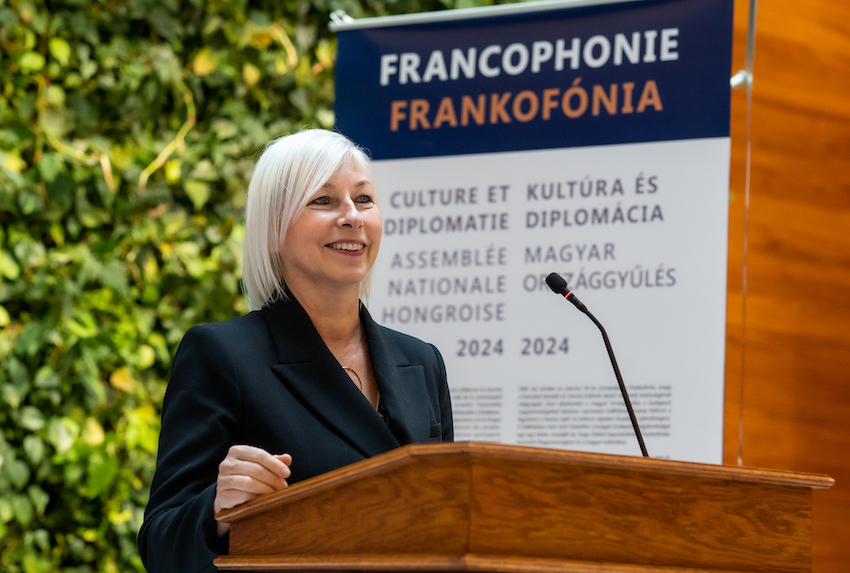
“It is with immense pleasure that I take the floor after the President of the National Assembly, Mr. László Kövér, at the opening of the exhibition ‘Francophonie: Culture and Diplomacy’, organised by the Hungarian National Assembly and the Francophone embassies in Budapest. Fifteen embassies of the participating countries enthusiastically joined our call, committing through this exhibition to show the ties that unite their country with Hungary and the Francophone idea. We hope that visiting the exhibition will help shed light on the unifying power of the French language and culture among our peoples and artists.
Franco-Hungarian relations date back to Saint Stephen, the first Hungarian king, who corresponded with Abbot Odilo of Cluny. His successor, Abbot Hugues, not only carried out religious missions but also achieved diplomatic successes by reconciling the Hungarians with the German Emperor.
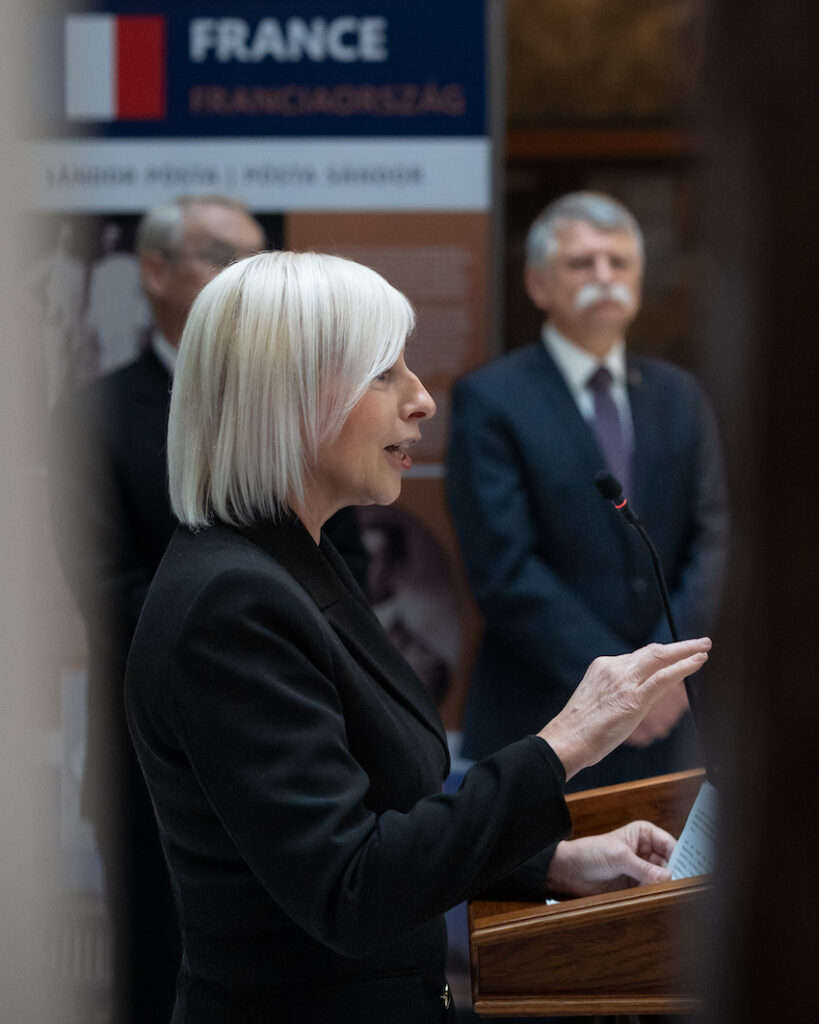
Over the centuries, there has been mutual influence between our two nations, whether intellectually or through direct settlement in our respective countries. Indeed, French settlers arrived in Hungary very early, and Hungarians also went to France, mainly during significant historical turning points such as the Rákóczi War of Independence, the Revolution of 1848-1849 and the Hungarian Uprising of 1956. I myself lived in Paris for a few years during the s.c. communist era and learned to speak this beautiful language.
In the context of our exhibition on Culture and Diplomacy, I would like to highlight the arts, and more precisely literature in Franco-Hungarian relations. In Hungary it is well known that poets, writers and even visual artists of the last century were closely linked to France, and more particularly to Paris and French literature. Names like Endre Ady, Attila József, Gyula Illyés, Sándor Márai, Dezső Szabó, the painters István Csók, József Rippl-Rónai, Simon Hantai and many others testify to these unbreakable bonds.
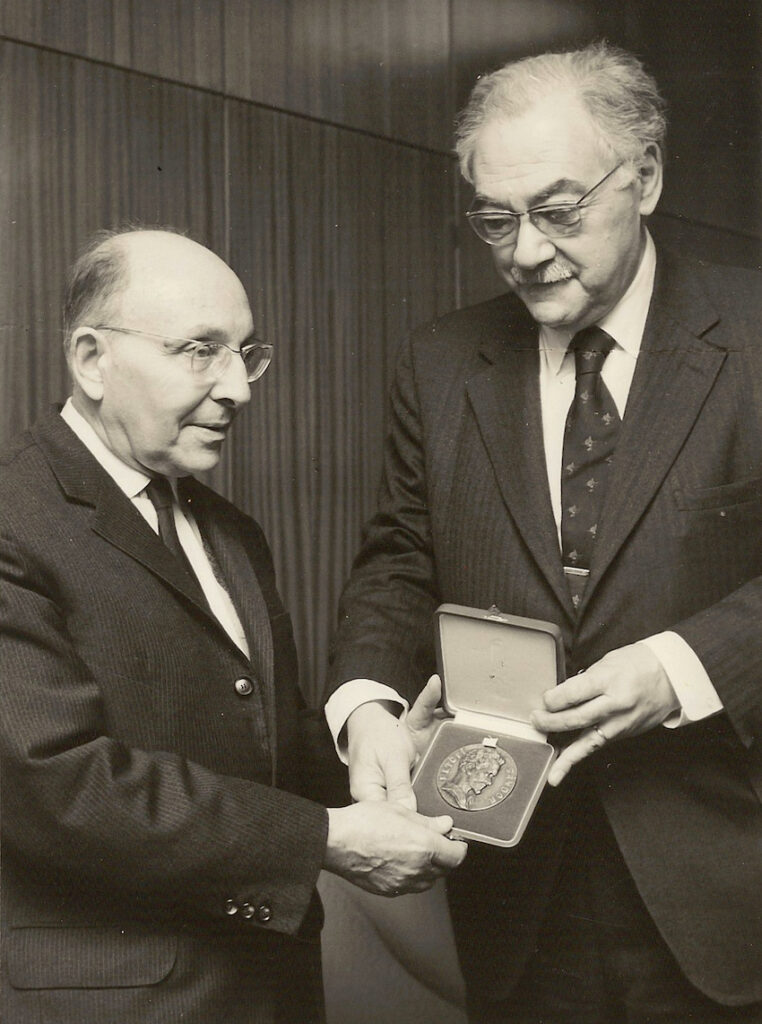
Yet, there is a French writer who we have perhaps unjustly forgotten, and that is François Gachot (1901-1986) a diplomat, playwright and translator who devoted most of his life to discovering and translating Hungarian literature into French. François Gachot lived in Hungary between 1924 and 1949, and was a fervent advocate and translator of Hungarian culture and literature in France until his death in 1986. He consistently argued for enhancing Franco-Hungarian cultural relations, prioritizing culture above all else. It is particularly crucial to heed his counsel now, as the prevailing economic focus tends to exclude and sideline the arts, particularly poetry. This trend risks dehumanizing our thinking and impoverishing our world, with consequences that require no further emphasis. Thank you for your kind attention.”
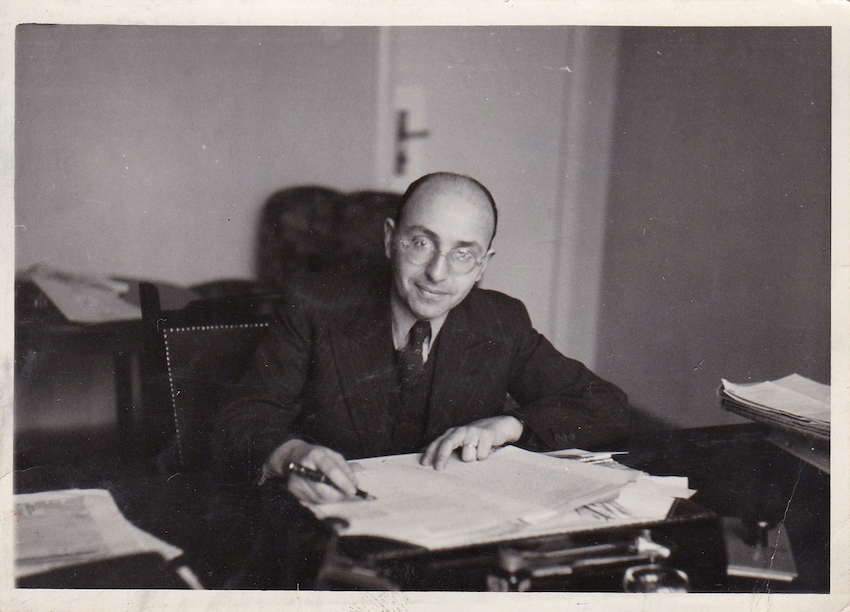
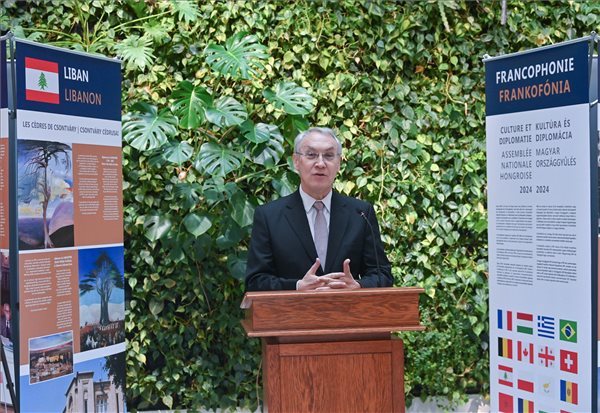
In his inaugural remarks, His Excellency Jean-François Paroz, Ambassador of the Swiss Confederation to Hungary and current President of the Francophone Ambassadors’ Circle in 2024, underscored the importance of the exhibition for bringing Francophone nations together. He emphasised its role in showcasing the diverse tapestry of the world and highlighting the cultural bonds shared between Francophone countries and Hungary. Ambassador Paroz stressed the common aspiration among nations to safeguard their security and uphold democratic principles. He underlined the perpetual need to nurture democracy, asserting that it should never be taken for granted. Furthermore, he acknowledged that there is always room for enhancement in democratic governance in all countries.









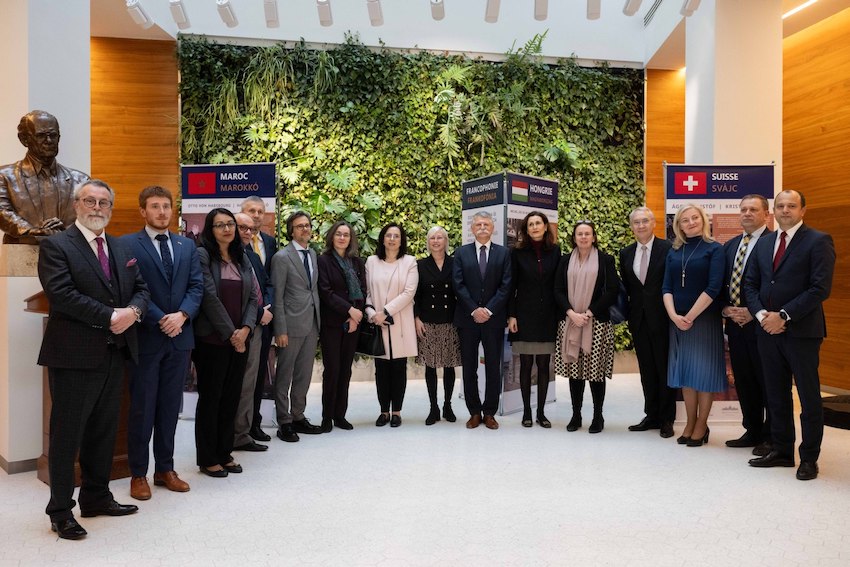
The 19th Francophonie Summit in Villers-Cotterêt, France in 2024
France will host the 19th Francophonie Summit on 4 and 5 October 2024, focusing on creation, innovation and entrepreneurship, with the participation of the representatives of more than 100 states and governments. The initiatives organised by the Heads of States and Governments of the International Organisation of La Francophonie therefore have the motto: “CRÉER, INNOVER ENTREPRENDRE EN FRANÇAIS” – “Create, innovate and do business in French”.
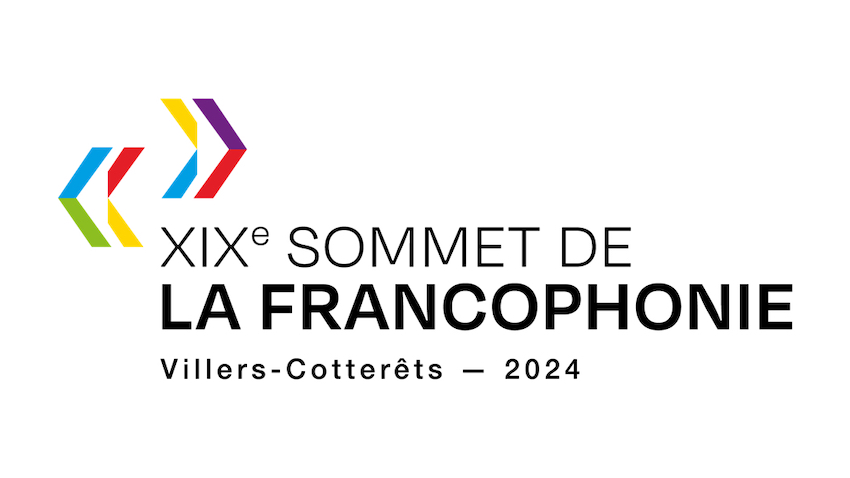
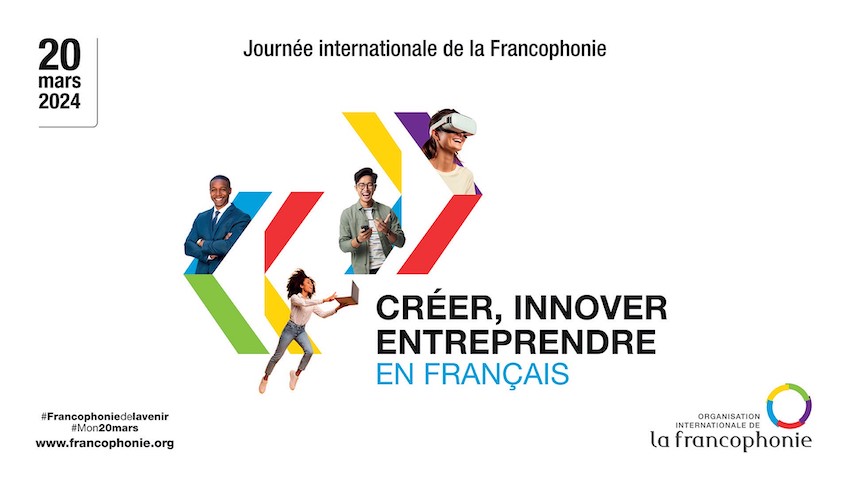
The opening session will take place on 4 October at the Cité internationale de la langue française in Villers-Cotterêts, a place entirely dedicated to the French language and French-speaking cultures, which was inaugurated on 30 October 2023 by Mr. Emmanuel Macron, President of the French Republic. The summit will continue on 5 October 2024 in Paris.
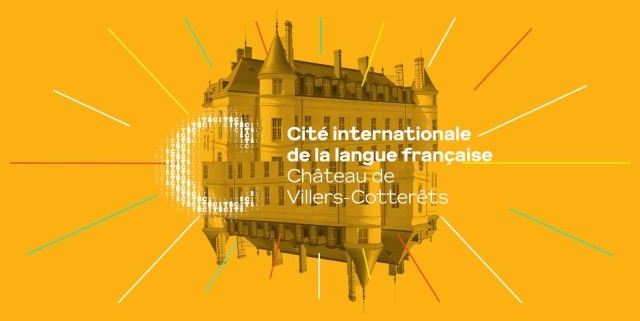
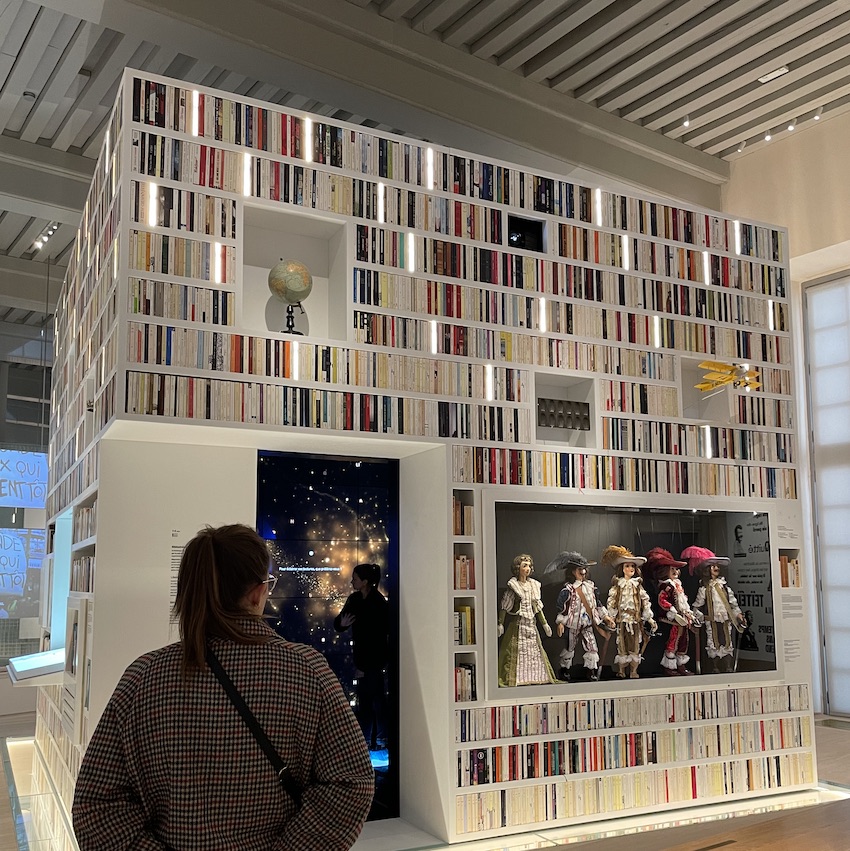
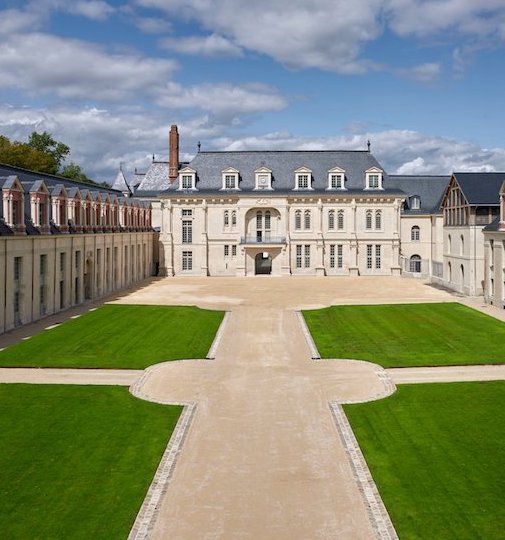
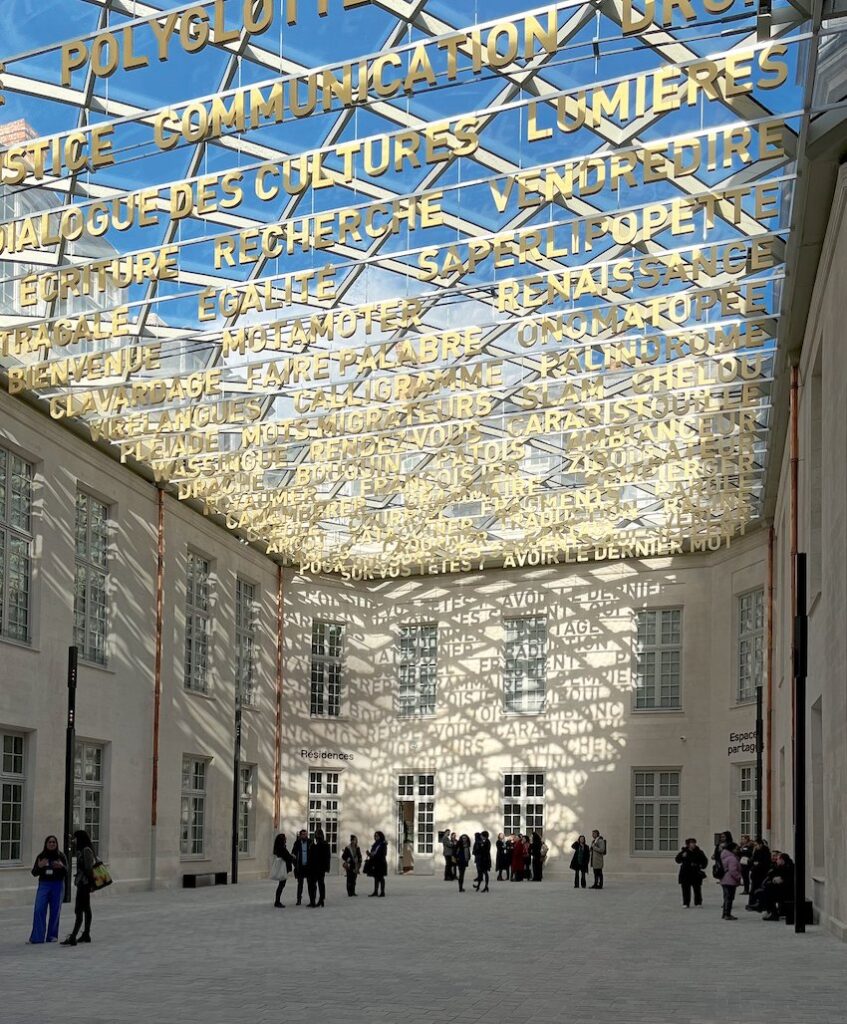
Villers-Cotterêts is known as the place where King François I signed the Ordinance imposing French as the official language for the kingdom’s administrative and legal documents, instead of regional languages like Occitan or the elite European lingua franca of the time, Latin. The Château de Villers-Cotterêts is a significant landmark in French history, and is situated in the Aisne department in Hauts de France, 80 km northeast from Paris.
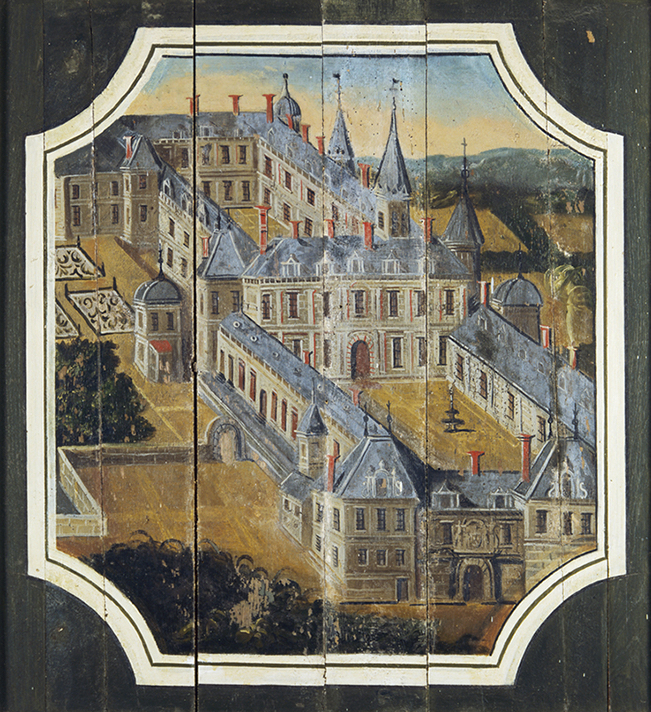
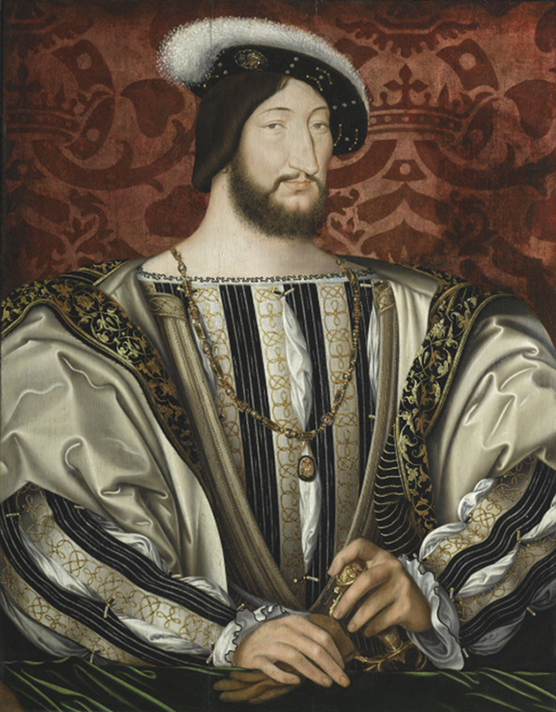
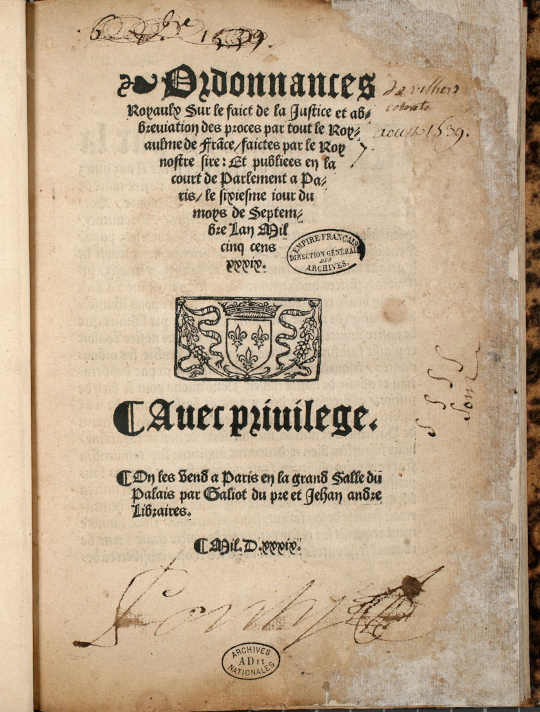
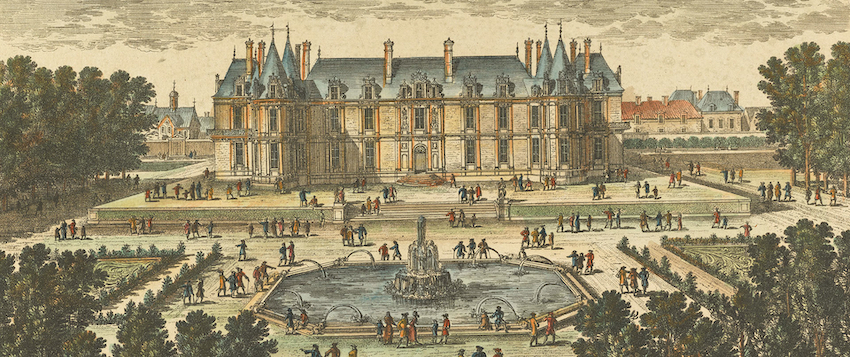
France is hosting the 19th Francophonie Summit or “Villers-Cotterêts Summit” as a major event in diplomatic, economic and cultural terms. It will be a significant international highlight of 2024 for France, along with the 80th Anniversary of D-Day of Allied forces landing in Normandy, the Olympic and Paralympic Games in Paris and the re-opening of Notre-Dame Cathedral in Paris.
Francophonie Festival 2024 – REFAIRE LE MONDE
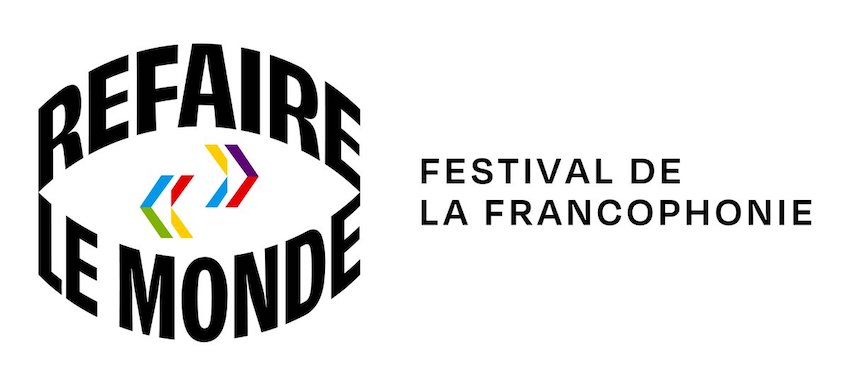
To celebrate this year of pride in the French language, the French Ministry for Europe and Foreign Affairs is launching the Francophonie Festival “Making a Better World” in over 40 countries to bring to life a vibrant Francophonie with the power to transform the world.
The “Making a Better World” Francophonie Festival is an invitation to explore the artistic, cultural and entrepreneurial dimensions of Francophone creativity. This festival will celebrate a Francophonie that is vibrant, tangible and open to the world; a vector for cooperation and solutions in the face of global challenges, embodied by inspiring personalities from all over the world, particularly the up-and-coming Francophone generation.
France and the OIF (Organisation International de la Francophonie) foster the ambition to promote a Francophonie that serves peoples and to demonstrate its dynamics and opportunities.

Sources: MTI, Hungary-France Friendship Group of the Hungarian Parliament
Photos by MTI/ Bruzák Noémi, DPA, and Chair of the France-Hungary Friendship Group of the Hungarian Parliament

